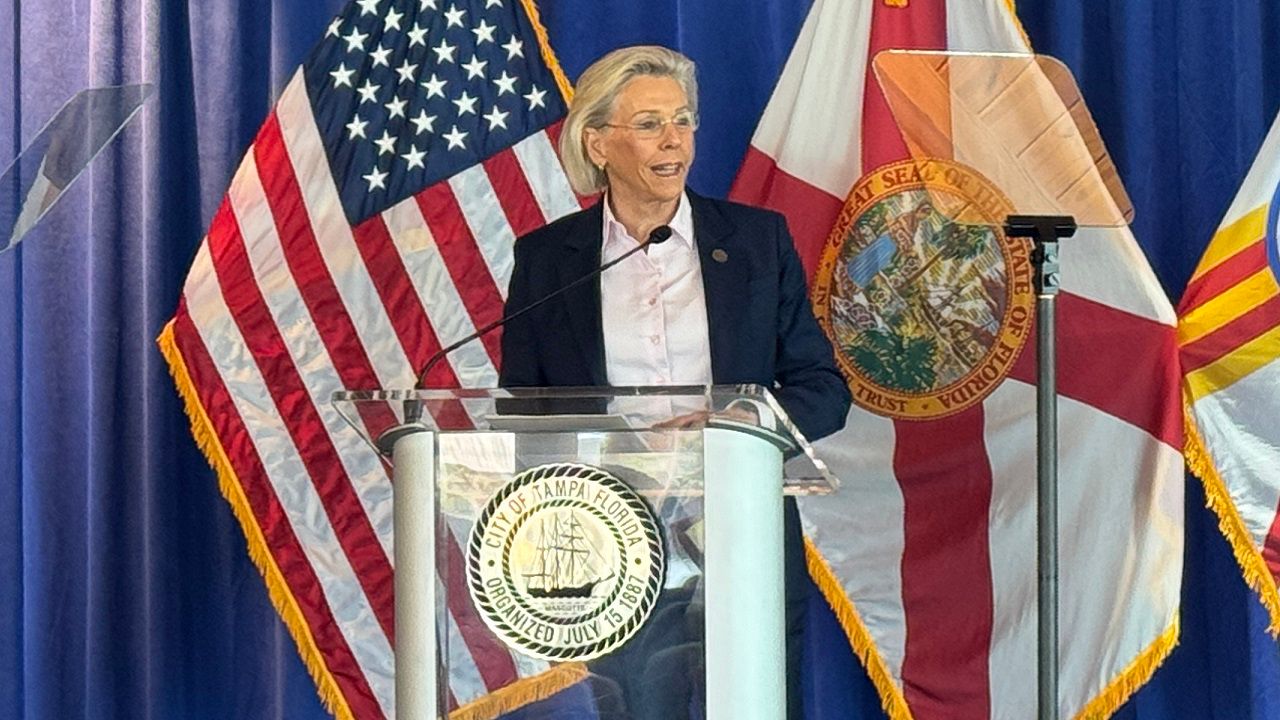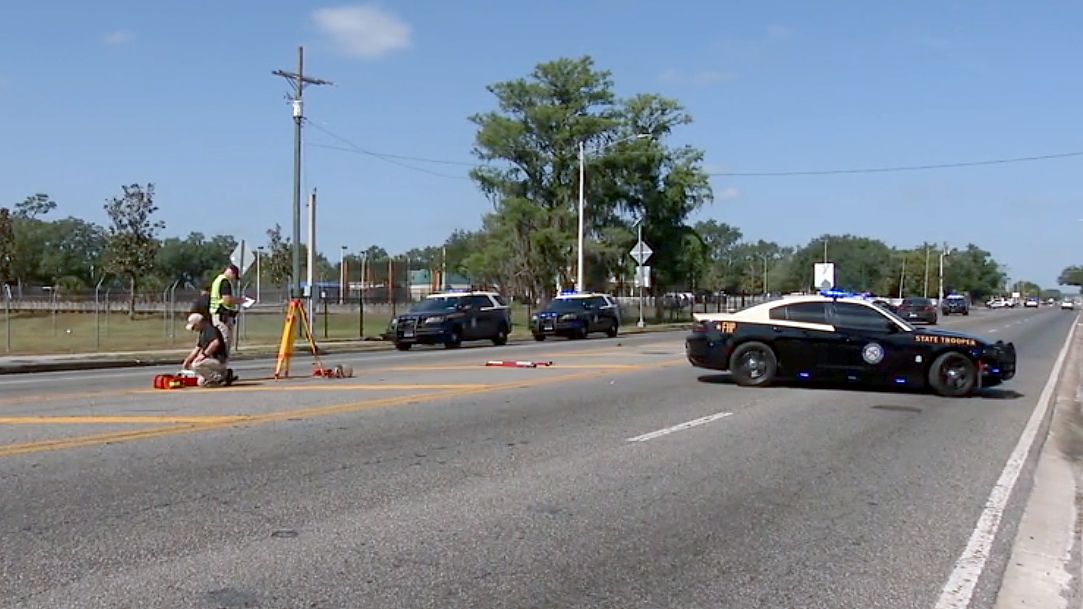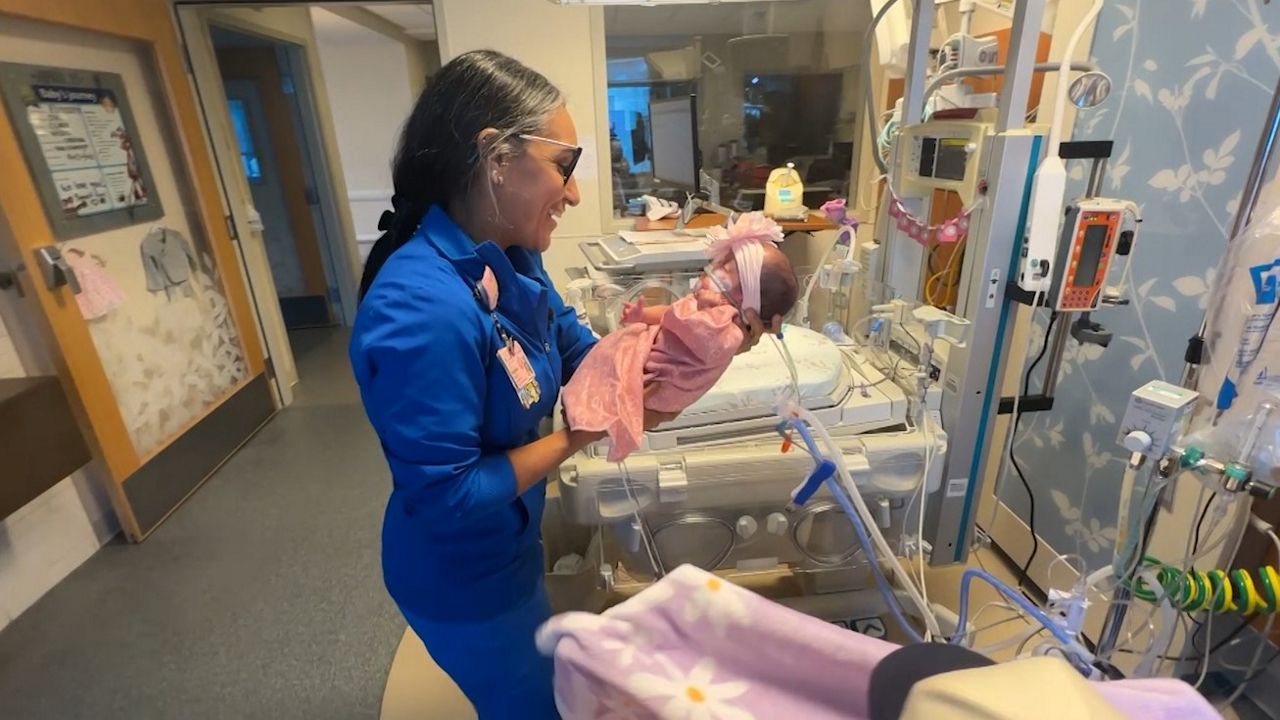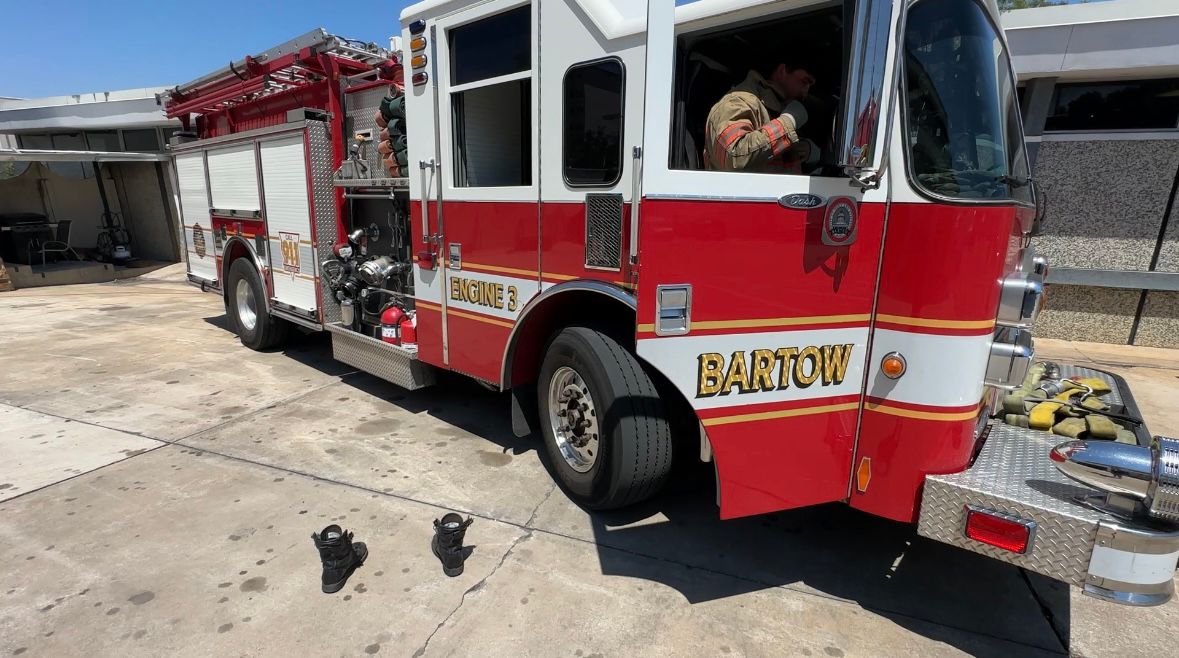DAYTONA BEACH, Fla. — FAA officials say they are struggling to get enough air traffic controllers in towers across the country.
What You Need To Know
- The FAA reports it needs more air traffic controllers in order to continue to maintain the safety in the skies
- Embry-Riddle Aeronautical University is working towards a solution with a program aimed at training future controllers
- Four seniors are expected to be tested for completion of the program next week
Experts tasked with reviewing the national airspace system say these staffing shortages could lead to problems.
“The situation has the potential, and I say the potential, to decrease our safety margins and impact the efficiency of our national airspace system,” said Robert Sumwalt, executive director of the Boeing Center for Aviation and Aerospace Safety.
Embry-Riddle Aeronautical University is looking to solve this problem with its enhanced air traffic collegiate training initiative, which was approved by the FAA. The first graduates of the program are set to undergo final testing next week.
As long as they pass their evaluations, they’ll be the first class to bypass the FAA’s training academy and join the workforce.
Among them is Kyra Hanson, who has always loved puzzles and pursed the career after taking an aptitude test in high school. Now the puzzles she works on are in the sky.
“It’s kind of like a game a little bit,” Hanson said. “You’re just dealing with positioning things and making sure that they don’t hit each other.”
From the state-of-the-art labs at Embry-Riddle, she is training to be an air traffic controller, making sure every plane gets to where it is going safely.
“That’s where I find the fun in it and that’s where the challenge is, and I think that’s what appeals to a lot of people is the creative problem solving,” Hanson said.
Instead of having to wait years to enroll in the FAA’s academy, she is one of the first students learning everything she needs at Embry-Riddle as part of their enhanced air traffic collegiate training initiative. The school's Air Traffic Management Program coordinator, Dr. Michael McCormick, said they are one of the first schools in the country to do this in an effort to speed up the hiring of air traffic controllers.
“The FAA academy in Oklahoma City is at its physical limits,” McCormick said. “It cannot push any more people through. It’s running 24/7 to train students in the academy. So, in order to actually have a positive sum total at the end, you have to have an alternative way of doing it. And we’re very proud to be part of that alternative.”
Experts say that when there are not enough air traffic controllers, airports often have to take measures like ground stops, or gate holds to make sure safety is not compromised. But they say that does take a toll on efficiency — which could continue to get worse.
“If the FAA continues this current trajectory, when you factor in retirement and other attrition, we’ll have a net increase of around 200 controllers between now and 2032,” Sumwalt said. “And quite simply, the math doesn’t add up.”
While Hanson is one of the first four students set to graduate from the program, going forward, officials at Embry-Riddle estimate the program will produce upwards of 120 new air traffic controllers every year — which they expect to make a huge impact on reducing the shortage.
As for Hanson, she’s excited to get started in her new career and make a difference of her own.
“It’s just nice knowing that you’re doing something that’s actually important,” she said.
Embry-Riddle officials said they are 26 more students who will be evaluated next semester, and there are about 270 in the pipeline for the program.









